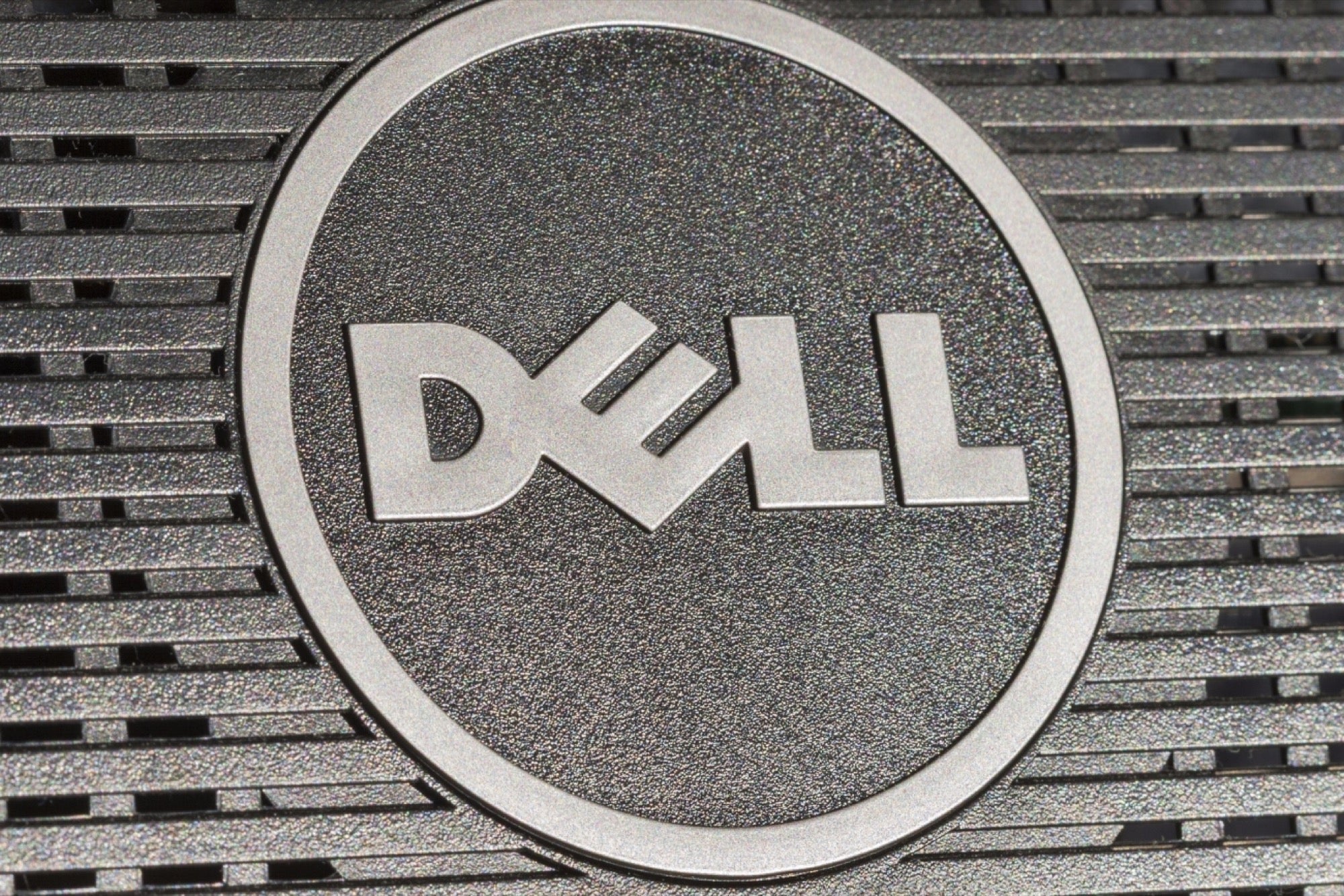A Complex Answer to a Simple Question Might Have Just Saved Dell's Owners Millions The computer maker won a legal fight that stemmed from the buyout of Dell in 2013 by founder Michael Dell and his private equity partner.
By Reuters •

This story originally appeared on Reuters

The computer maker Dell Inc won a legal fight that may have saved its owners tens of millions of dollars with a complex answer to a seemingly simple question of who is the record holder of a stock.
A ruling on Monday by a Delaware Court of Chancery judge removes several large investors from a consolidated lawsuit stemming from the $24.9 billion buyout of Dell in 2013 by founder Michael Dell and his private equity partner, Silver Lake.
Hundreds of investors who opposed the deal, at $13.75 per share, asked a Delaware judge in 2013 to determine the fair price for the stock, a process known as appraisal. The Dell buyout is among the largest appraisal cases ever, and Monday's ruling only impacts a few of the scores of investors pursuing appraisal.
To seek appraisal, shareholders cannot have voted in favor of the proposed buyout, and they have to be a continuous holder of record through the date of the deal.
On Monday, Vice Chancellor Travis Laster ruled in a 54-page opinion that three funds and two retirement plans, which held a combined 922,975 Dell shares, failed to meet the continuous ownership requirement.
Laster agreed that the investors had not sold their Dell stock after seeking appraisal. Rather, the funds lost their appraisal rights due to a series of administrative moves by specialized back-office firms that carry out share transfers.
The investors, affiliates of Northwestern Mutual Life Insurance Co, Manulife Financial, T. Rowe Price, Milliken Retirement Plan and Curtiss-Wright Corp Retirement Plan, held Dell stock through custodial banks. The investors were beneficial owners, but the legal owner was Cede & Co, a share aggregator that owns the majority of publicly traded shares.
When the investors sought appraisal, Cede issued a paper stock certificate and sent it to the custodial banks to hold. The custodial bank placed the stock in the name of their own nominee, and then notified Dell's agent to record the nominee on the corporate ledger.
While that was enough for Laster to rule for Dell, he spent a large portion of his opinion urging a different system that would have recognized the funds rights to appraisal.
"Were it up to me, I would hold that the concept of a 'stockholder of record' includes the custodial banks and brokers," he wrote.
Stuart Grant, the attorney for the funds, declined to comment, as did a Dell spokesman.
(Reporting by Tom Hals in Wilmington, Delaware; Editing by Bernard Orr)











